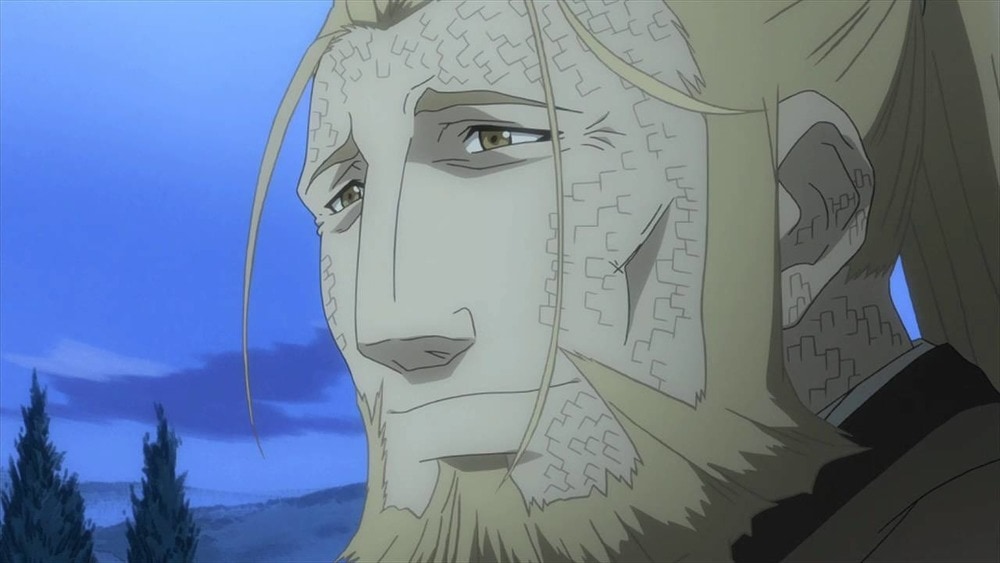The Fullmetal Alchemist anime franchise, encompassing both the original series and its remake Brotherhood, stands as a cherished gem among anime enthusiasts.
Exploring the profound concept of equivalent exchange, it garnered immense affection over its runtime.
Diverging significantly, particularly in their conclusions, the two series offer contrasting experiences.
The initial Fullmetal Alchemist anime concluded with a somber and bleak finale, contrasting sharply with Brotherhood’s later rendition, which adhered more faithfully to the manga’s narrative.
At its core, the Fullmetal Alchemist manga follows the journey of brothers Edward (Ed) and Alphonse Elric (Al), practitioners of alchemy seeking the Philosopher’s Stone to restore their bodies after a failed resurrection attempt.
The original anime, and its subsequent film, portrayed a tragic sacrifice by Al to revive Ed, leading to an emotionally devastating outcome.
In contrast, Brotherhood’s adherence to the source material allowed for a more optimistic resolution, emphasizing themes of resilience and determination.

This adaptation, while acknowledging the Law of Equivalent Exchange, presents it as a flawed concept, ultimately advocating for the power of human effort.
The evolution of the series’ themes reflects the progression of its characters, particularly the Elric brothers, whose bond is central to the narrative.
Brotherhood’s conclusion, marked by a reaffirmation of their brotherhood amidst trials, resonates deeply with audiences, offering a sense of closure and satisfaction.
In retrospect, while the original series left viewers with a poignant yet bleak conclusion, Brotherhood’s narrative journey culminated in a more hopeful and fulfilling ending, underscoring the resilience of the human spirit and the enduring strength of brotherhood.
Through its nuanced exploration of themes and characters, Fullmetal Alchemist remains a timeless masterpiece cherished by fans worldwide.




